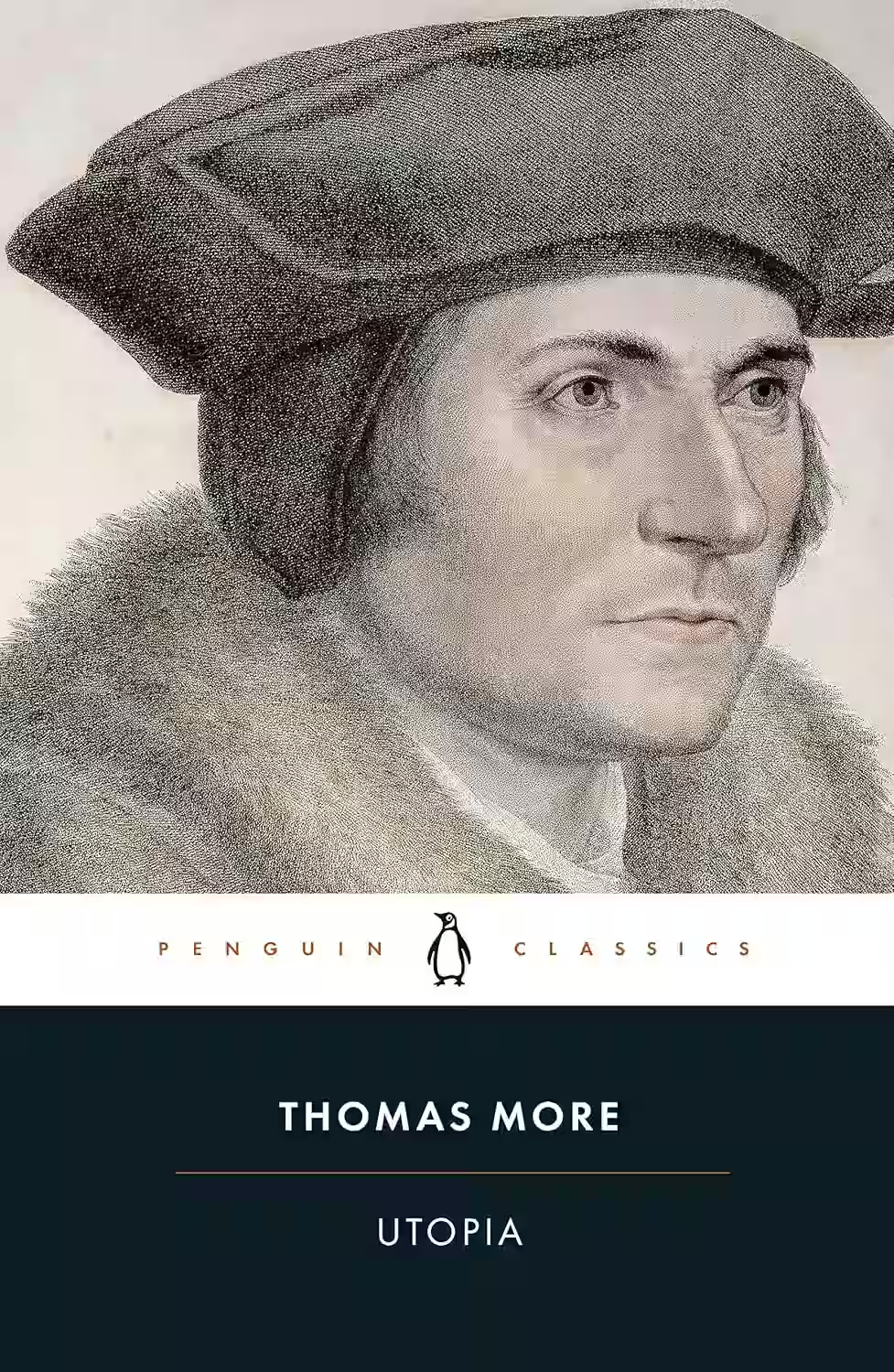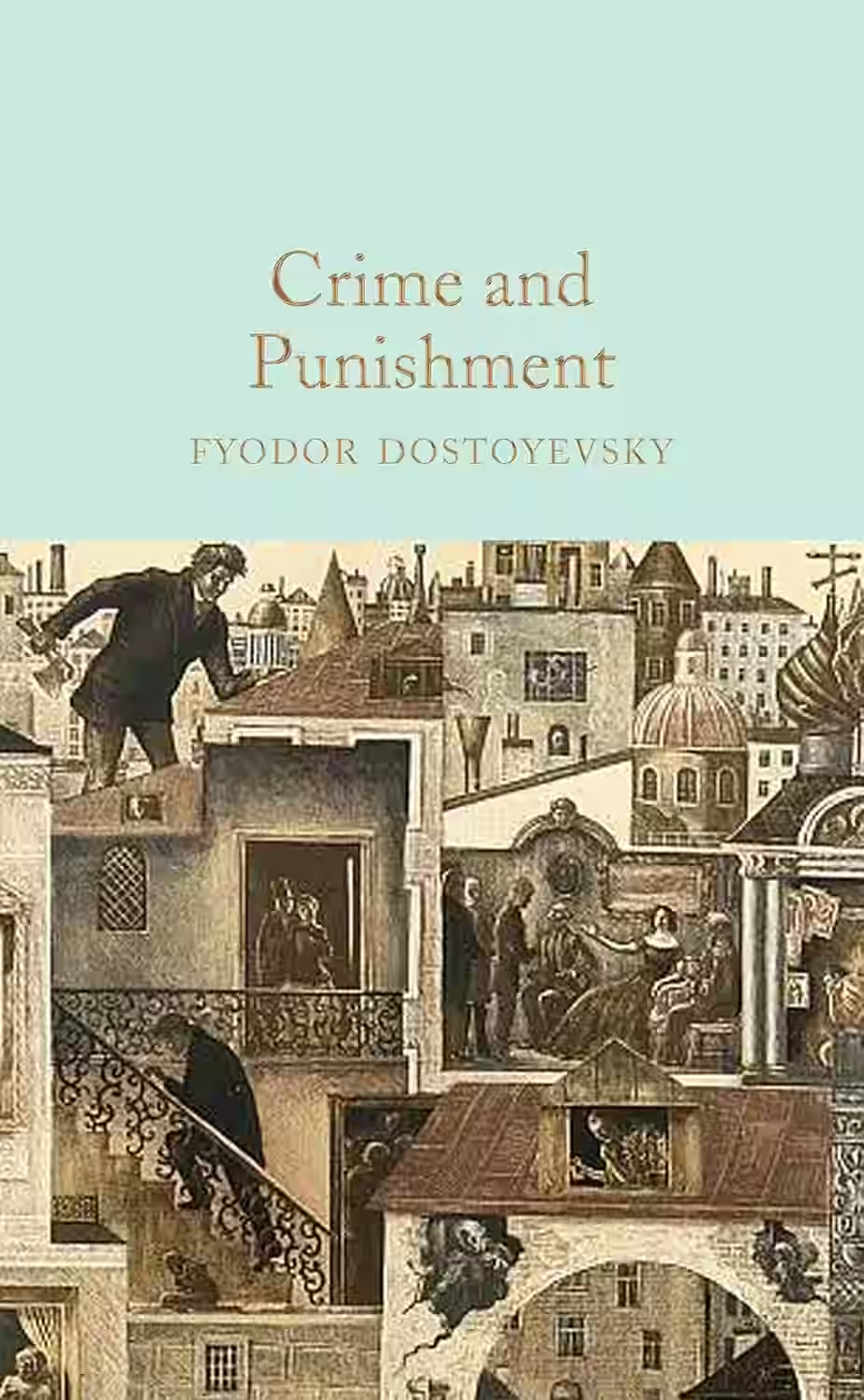
Utopia is Thomas More's work of philosophical fiction, imagining the island of the title, on which thousands live in peace and harmony. Through dialogue and correspondence between Raphael Hythloday and his friends and contemporaries, More explores the theories behind war, political disagreements, social quarrels and wealth distribution, and goes into the day to day lives of those citizens enjoying freedom from fear, oppression, violence and suffering. This vision of an ideal world is also a scathing satire of Europe in the sixteenth century which has been hugely influential since publication, shaping utopian fiction even to the present day.
About Thomas More
An English lawyer, social philosopher, humanist, and statesman, revered as a Catholic saint. He is best known for his influential work Utopia, a fictional account of a perfect island society. More's Utopia explored themes of political governance, religious tolerance, social justice, and communal living, offering a critical commentary on European society of his time. His intellectual curiosity and willingness to challenge prevailing norms made him a significant figure in both political thought and literary history.
Similar Books

Uncle Tom’s Cabin
A landmark anti-slavery novel, Uncle Tom’s Cabin tells the story of enslaved man Tom and the brutal realities of slavery in 19th-century America. With vivid characters and emotional power, it galvanized abolitionist movements and shaped public opinion like no other book of its time. Though controversial for its portrayals today, it remains a pivotal work in American literature and history, sparking empathy and national debate.

Crime and Punishment
Fyodor Dostoevsky’s Crime and Punishment is a psychological and philosophical novel that follows Raskolnikov, a destitute student in St. Petersburg who murders a pawnbroker. Haunted by guilt and moral conflict, he undergoes a mental and spiritual descent, questioning the nature of justice, free will, and redemption. The novel probes the consequences of rationalizing crime and challenges utilitarian ethics. With intense character study and existential depth, it remains a cornerstone of Russian literature and a profound meditation on conscience and punishment.

East of Eden
Set in the rich farmland of the Salinas Valley, California, this powerful, often brutal novel, follows the interwined destinies of two families - the Trasks and the Hamiltons - whose generations hopelessly re-enact the fall of Adam and Eve and the poisonous rivalry of Cain and Abel. Here Steinbeck created some of his most memorable characters and explored his most enduring themes- the mystery of indentity; the inexplicability of love, and the murderous consequences of love's absence.

The Jungle
A harrowing expose of the American meatpacking industry in the early 20th century, The Jungle follows immigrant worker Jurgis Rudkus as he endures exploitation, poverty, and tragedy. Intended to highlight workers’ rights, it shocked readers with its depiction of unsanitary conditions, leading to major food safety reforms. Sinclair’s powerful, muckraking novel remains a classic of social criticism and a landmark in investigative literature.